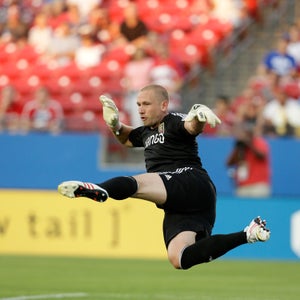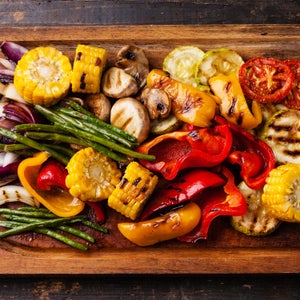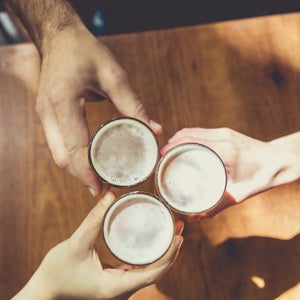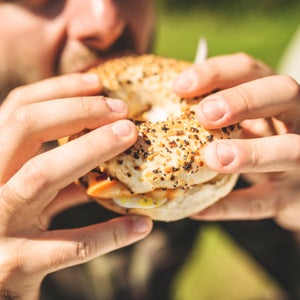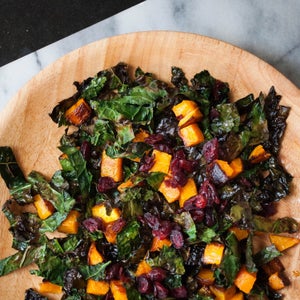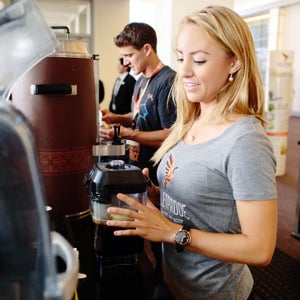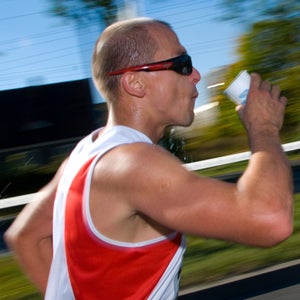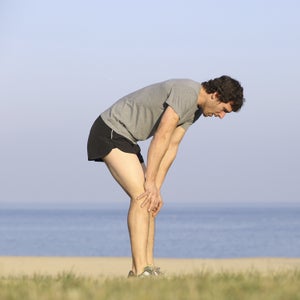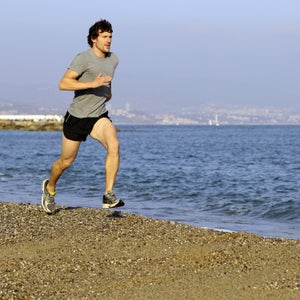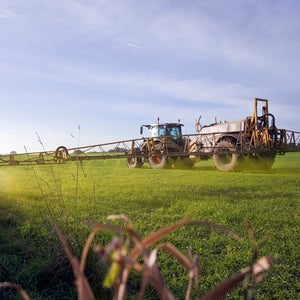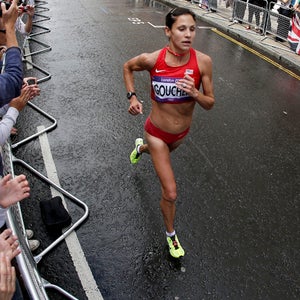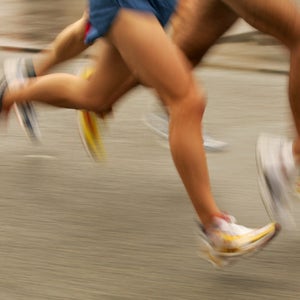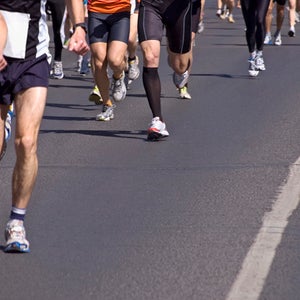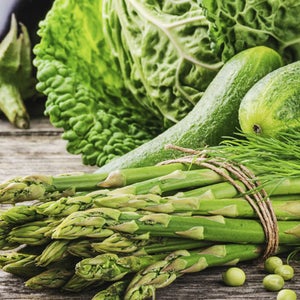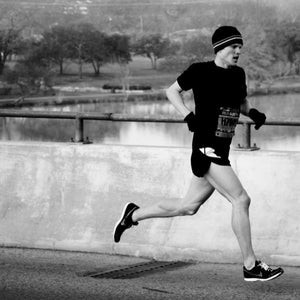Published
Amateur athletes are now using hypoxic tools to try to train just as well as their professional idols.
Footballers of both kinds have caught on. Here’s what you need to know.
From ultra-athlete Rich Roll’s new cookbook, "The Plantpower Way"
Exactly what alcohol does to athletic performance
How to build a better one
It's time to dump the rankings and review the facts
We don't know if the biohacking craze is full of snake-oil salesmen or prophets. Probably a little of both.
More evidence shows caffeine-loaded beverages should stay separate from athletic events
Suddenly, the headlines say breakfast is unnecessary. But everyone seems to have forgotten the most important nutrition rule: What works for the everyman doesn't always make sense for the athlete.
Running drunk isn't a great idea—for a number of obvious reasons. Surprisingly, performance isn't one of them.
Is the newest fitness beverage just another money grab, or is it actually getting to the heart of smart rehydration?
Plants have long been lauded for their health-promoting antioxidants. But recent research upends that thinking—broccoli is good for you precisely because it stresses your body.
Athletes keep breaking records, but improved fitness is only part of the equation. So before we start congratulating ourselves, let’s take a look at the tech that’s made us faster—and the next records our gear will allow us to break.
For years, an underground movement has claimed that the very food we eat—by virtue of the pesticides and herbicides we so commonly use—is poisoning us. Until now, they’ve been (at best) ignored and (more often than not) mocked. Suddenly though, it looks like the joke has been on us all along.
While its athletic footwear may not be what revolutionizes the performance-shoe industry, Skechers’ contracts could certainly change the way the game is played.
You're pathetic. Really. According to the latest research, human fitness has decreased so dramatically in recent years that even the strongest of us would consider ancient men to be, well, monsters.
Some people make the grade in Boston—literally; others don’t. And the difference might all come down to the downhill.
More is always better, right? Well, maybe not. Ultradistance runners have been warned that their mileage isn’t exactly healthy. But they aren’t the only ones who should be thinking about the long-term ramifications of their training.
Despite what you hear in the media, the science of healthy eating is well-established. Instead of following the fads, rely on the fundamentals: stay away from processed foods and eat lots of vegetables.
You've been using your shoes as an injury and performance excuse since your first run. And it's time to stop.
The idea is that one can perform just as well—mentally and physically—on three hours of sleep apportioned in six equal-sized naps taken throughout the day. And it's hogwash.
A 2,360-Mile Swim

